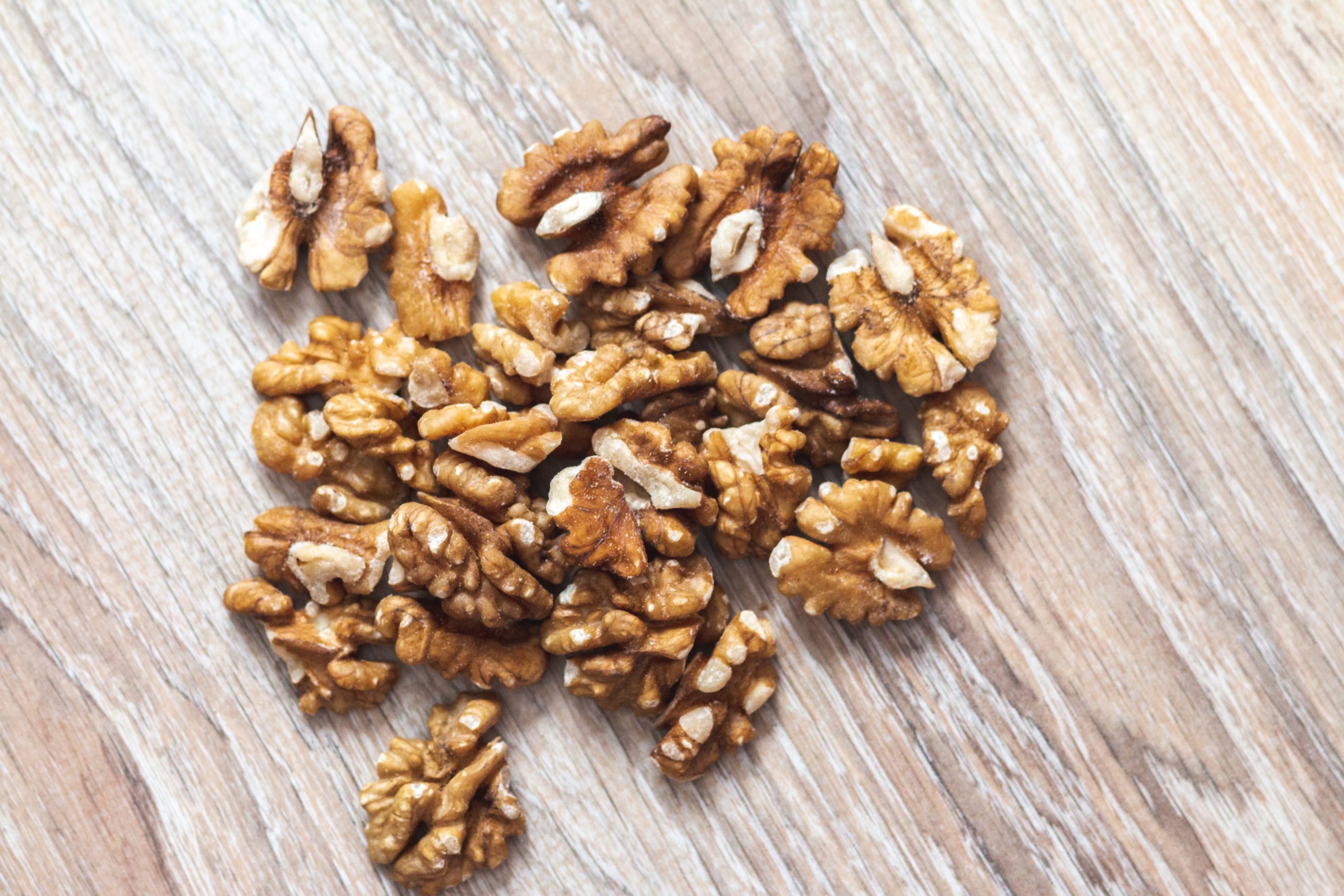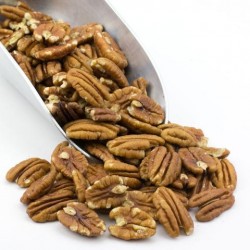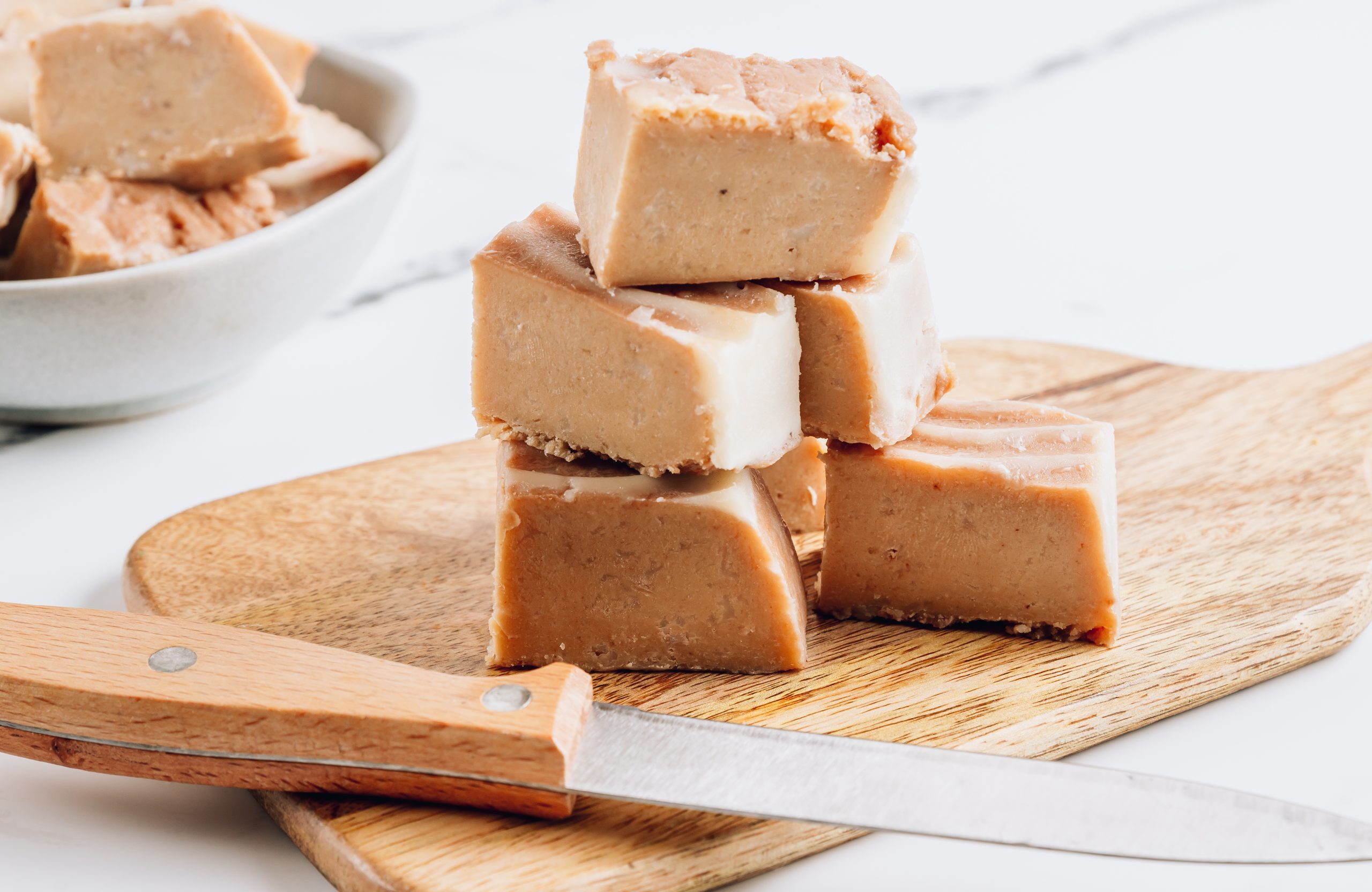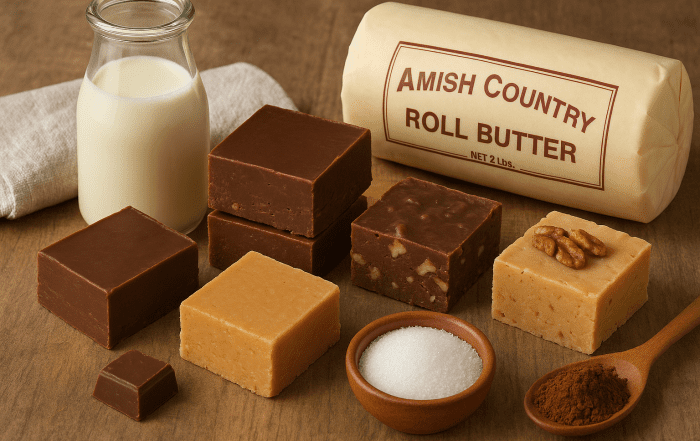
Latest Blogs
In the realm of health foods, fresh nuts stand out for their exceptional nutritional profiles and versatile culinary uses. Renowned for their heart-healthy fats, proteins, and an array of vitamins and minerals, nuts like Black Walnuts, English Walnuts, and Pecan Pieces are not only delicious but also immensely beneficial for your health. This article explores why incorporating these raw specialty nuts into your diet—whether in a recipe or as a crunchy topping on a fresh salad—can significantly enhance your well- being.
The Nutritional Power of Black Walnuts, English Walnuts, and Pecan Pieces
- Black Walnuts: Black Walnuts are distinguished by their strong flavor and impressive health benefits. They are an excellent source of alpha-linolenic acid, an omega-3 fatty acid, which helps reduce inflammation and improve heart health. Additionally, they are packed with antioxidants that support immune health and protect against oxidative stress.
- English Walnuts: English Walnuts are one of the most popular nuts globally, known for their rich omega-3 content which supports brain health and reduces cardiovascular risk. They also contain high amounts of antioxidants, including ellagic acid, which help fight oxidative damage and promote longevity.
- Pecan Pieces: Pecans are particularly noted for their high levels of monounsaturated fats, which can help maintain healthy cholesterol levels. They are also a good source of fiber and protein, making them an ideal snack for energy and satiety.
Are Fresh Nuts Good for You?
Absolutely, fresh nuts are a boon for health. They contain essential nutrients that play a crucial role in disease prevention and overall health maintenance. Regular consumption of nuts has been linked to a
reduced risk of major chronic diseases, including heart disease, diabetes, and certain cancers. Nuts are also beneficial for brain health, aiding in cognitive function and memory.

How to Store Fresh Nuts
To maintain the freshness and nutritional quality of nuts, proper storage is key:
- Keep them cool: Store nuts in a cool, dry place away from direct sunlight. The pantry is a good option for short-term storage.
- Refrigeration: For long-term storage, keep nuts in an airtight container in the refrigerator. This will preserve their natural oils and prevent them from becoming rancid.
- Freezing: Nuts can also be frozen for up to a year. Freeze them in airtight bags or containers to maximize freshness.
How Long Do Fresh Nuts Last?
The shelf life of fresh nuts varies depending on the type and storage conditions:
- Room temperature: Generally, nuts can last at room temperature for about three to six months.
- Refrigerated: When stored in the refrigerator, nuts can last for up to a year.
- Frozen: Properly stored in a freezer, nuts can remain fresh for up to two years.
Incorporating Fresh Nuts in Your Diet
Raw specialty nuts are ready for any recipe or can be a delicious addition to a fresh salad, enhancing flavor and texture while boosting nutritional value. Their versatility makes them an excellent ingredient in various dishes, from baked goods and smoothies to savory meals.
In conclusion, fresh nuts like Black Walnuts, English Walnuts, and Pecan Pieces are not just tasty additions to your diet—they are potent superfoods capable of significantly enhancing your health. By understanding how to properly store and utilize these nuts, you can enjoy their benefits year-round, making them a valuable component of a healthy lifestyle.
Explore the world of nutritious and delicious foods further and find tips on enhancing your diet by visiting our health-focused content
Follow us on Facebook for more news and updates!







